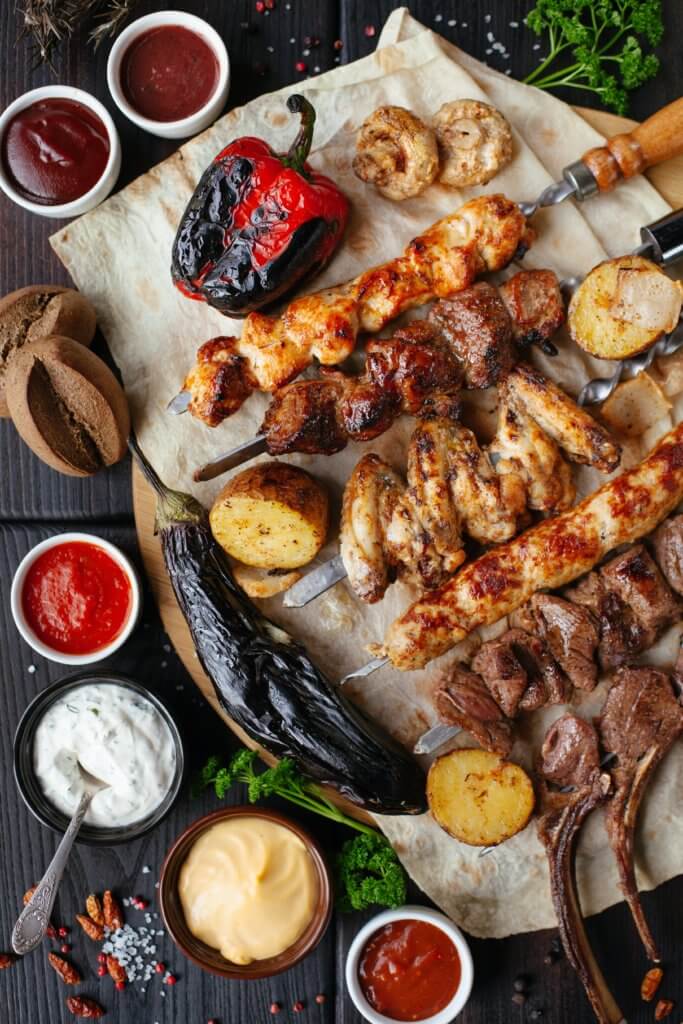-
Blog &
Read our articles

In Apr 28, 2023
Why is halal meat healthier?
Halal meat has become increasingly popular in recent years, not only among Muslims but also among people of other faiths and even non-religious individuals. One of the reasons for this is the perception that halal meat is healthier than non-halal meat. In this article, we will explore the reasons why this may be the case.
First, it's important to understand what halal means. Halal is an Arabic word that means "permissible" or "allowed." In the context of food, halal refers to the dietary laws and regulations of Islam. Halal meat comes from animals that have been slaughtered in accordance with these laws, which include a specific method of slaughter and the recitation of a prayer. The process of slaughtering animals for halal meat is known as "dhabiha." During dhabiha, the animal is killed with a sharp knife in one swift motion, severing the jugular vein, carotid artery, and windpipe. This method of slaughter is designed to minimise the animal's pain and suffering, and to ensure that the blood is completely drained from the body.
One of the main reasons why halal meat is considered healthier than non-halal meat is because of the way the animal is slaughtered. When an animal is killed through dhabiha, the blood is drained from the body completely. This is important because blood can be a source of harmful bacteria and pathogens, and removing it reduces the risk of contamination.
In addition to the removal of blood, the process of dhabiha also causes the animal to release endorphins, which are natural painkillers. This means that the animal experiences less pain and stress during the slaughter process, which can have a positive impact on the quality of the meat.
Another factor that contributes to the healthiness of halal meat is the fact that the animal is fed a natural diet. In Islam, it is considered important to feed animals a natural diet that is free from hormones, antibiotics, and other harmful additives. This means that halal meat is often free from the artificial hormones and antibiotics that are commonly used in non-halal meat production.
Finally, halal meat is often fresher than non-halal meat because of the way it is prepared. Because halal meat must be slaughtered and prepared in a specific way, it is often produced in smaller quantities and sold more quickly. This means that it spends less time in storage and is less likely to spoil or become contaminated.
In conclusion, there are several reasons why halal meat may be considered healthier than non-halal meat. The process of dhabiha ensures that the animal's blood is completely drained, reducing the risk of contamination, and causing the animal to release natural painkillers. Halal meat is also often free from artificial hormones and antibiotics, and is often fresher than non-halal meat. While there is still some debate about the health benefits of halal meat, it is clear that it is an important part of the Muslim faith and culture, and is enjoyed by people of many different backgrounds.

Latest

In Solidarity with the Children of Palestine: A Call for Compassion and Peace

Embracing Diversity: The Surge in Brands Offering Halal Products

Navigating the Evolving Landscape of Halal: A Shifting Definition for Muslim Grocery Shoppers

A Must-Visit Halal Haven for Foodies and Instagram Enthusiasts
